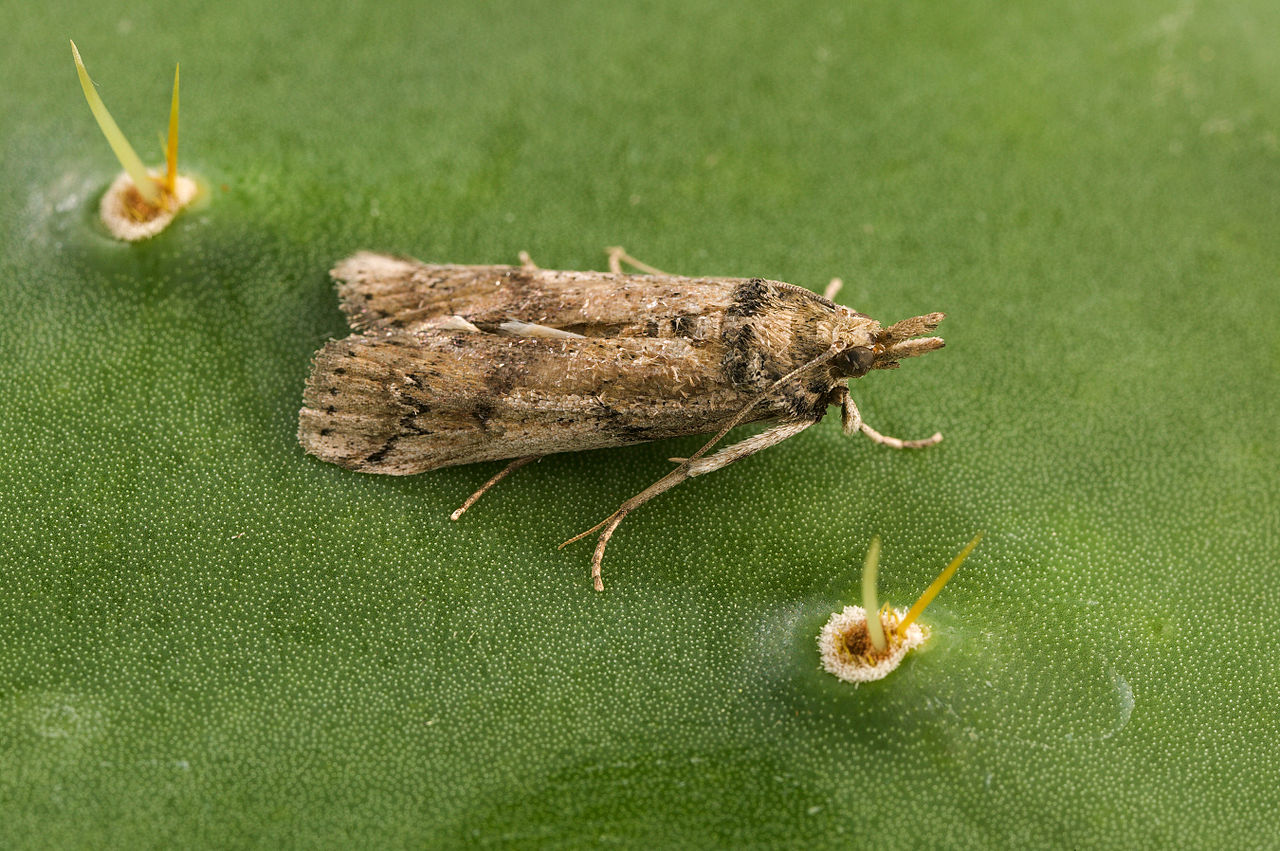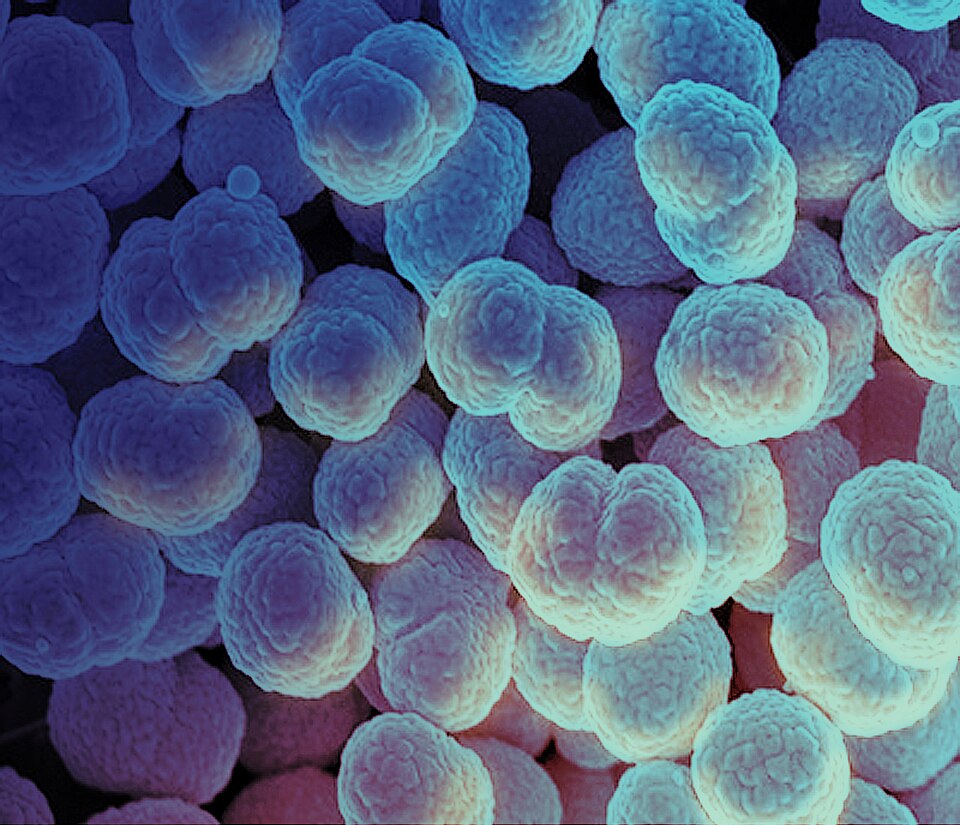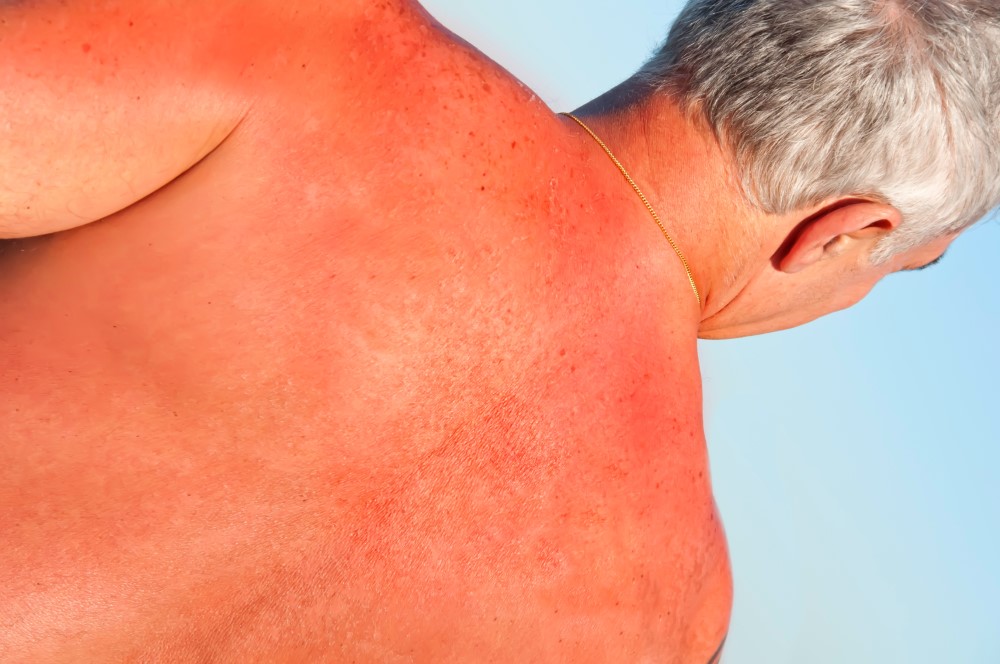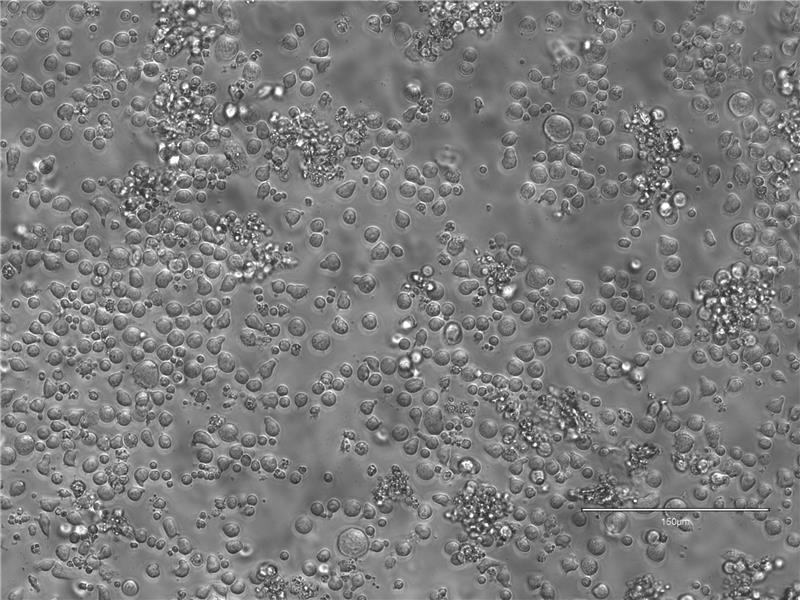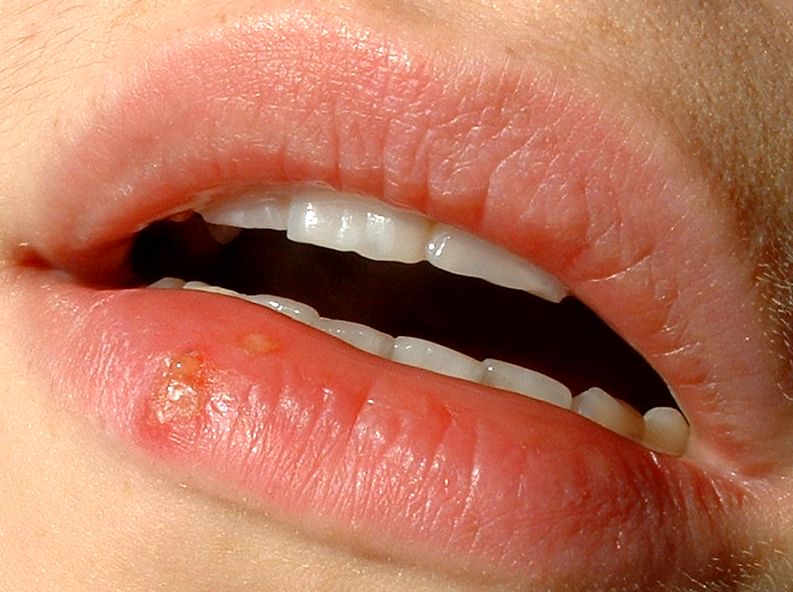The economic cost of some invasive species may be 1600% higher than previously estimated
A study published in Nature Ecology & Evolution concludes that the global economic cost of invasive species may be, in the case of some of them, more than 1,600% higher than previously estimated. By region, the highest costs were recorded in Europe, and by species, invasive plants generated the greatest impacts. According to the authors, these results - based on data from 162 species - could help countries to plan cost-effective management.
